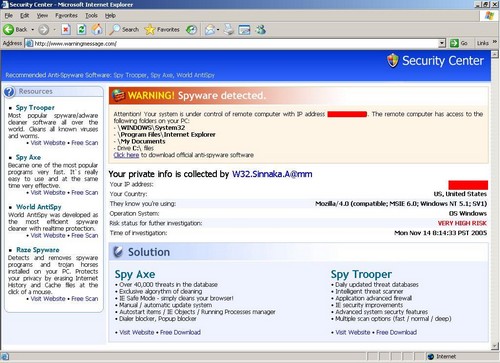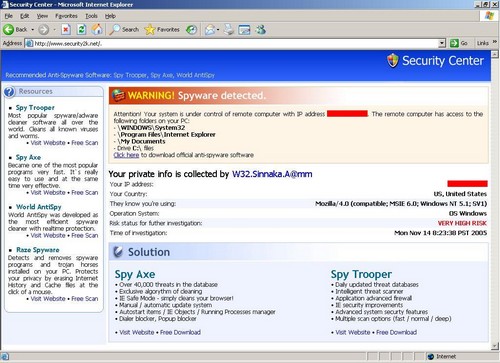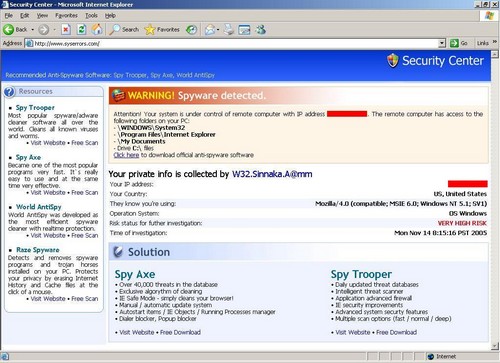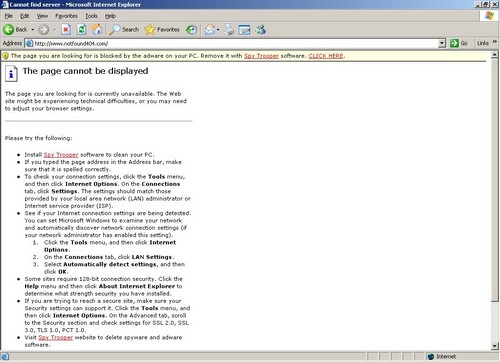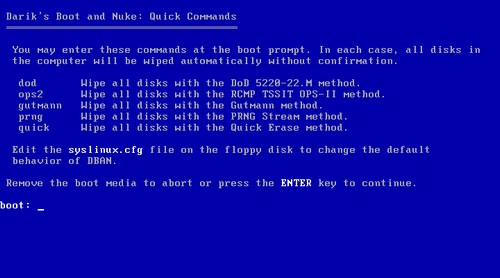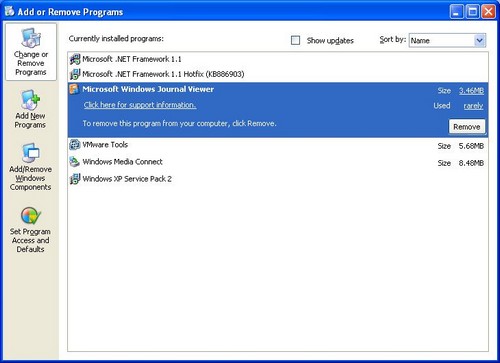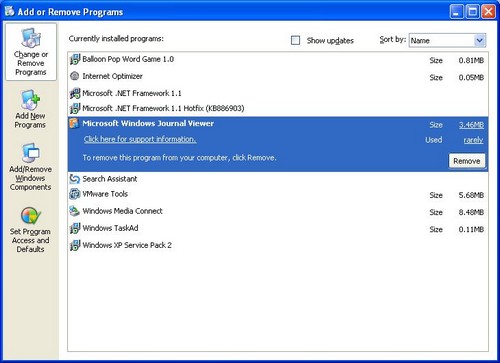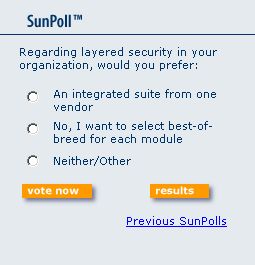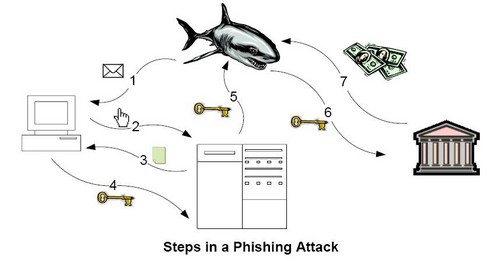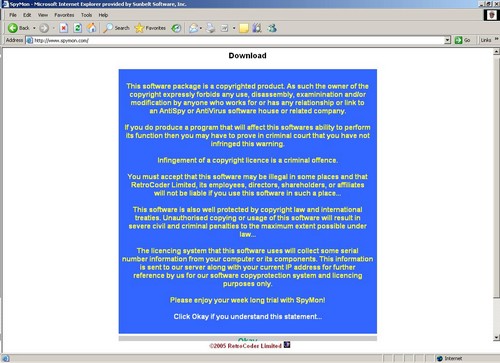…These terms constitute your license agreement. Please read it and don’t wait for the movie version. This is a legal contract between you and iMesh, Inc. (“iMesh”) that governs your use of iMesh’s online music services available at www.imesh.com consisting of the iMesh subscription service (the “Subscription Service”) and the iMesh download sales service (the “Download Service”, together with the Subscription Service, constitute the “Service”)…We recommend you grab a glass of water before reading the rest. To agree to these terms, click “AGREE” where indicated. If you do not agree to these terms, do not click “AGREE,” and do not use the Service. If you’re not sure, think about it a little and then decide. But you have to decide. Our lawyers worked hard to make this contract understandable. We wanted to take this opportunity and say “Thank you”.
Let’s go. Stand clear of the closing doors.
…To access the Service, you will need to install or activate from time to time the iMesh proprietary (isn’t this a cool word?) software application …Drink milk.
By now you are probably asking yourself, “what is a Sample?” Well, here it is – a “Sample” is a portion of a Song or, in some cases, an entire Song that you can play directly from and while logged on to the Service on a promotional basis at no cost to you. You may play as many samples as you want.. In fact, you can even go to bed listening to these Samples…. Please be nice to our Samples, they are very sensitive.
…Any security technology that is provided with a Song is an inseparable part of the Song. Please don’t try to separate them. They really like each other.
The burning or transfer capabilities provided for herein shall not operate to waive or limit any rights of the copyright owners in the Songs or any works embodied in them. Don’t cheat.
Don’t use iMesh to steal music! If you violate the copyright laws or any other intellectual property laws, fines or criminal charges may be brought against you. You may even go to jail. Do you really want to go to jail? They may not let you take your iMesh with you.
…In no event will such parties be liable for the removal of or disabling of access to any such products, Content or materials under this Agreement. MusicNet and iMesh and their licensors may also impose limits on the use of or access to certain features or portions of the Service, in any case and without notice or liability. Sorry.
Customer Support. Please direct any questions concerning the Software, the Service, billing and/or usage rules to an iMesh customer service representative by contacting us from: <http://wa.imesh.com/support/bugreport/> . Questions about the meaning of life, the universe and everything should not be directed to iMesh. We are totally clueless.
Instant Messaging and Public Areas. iMesh is a community. Most of the people in the community are nice. You all should read this, but this is especially for those of you who choose not to be nice. …Be polite to other users. Eat your vegetables. Wear sunscreen.
…If any of your billing information changes, you must update that information in the “my account” area of our Service. Just to make sure we have your money, we will bill you in advance for subscriptions and purchases will not be completed until the charge is processed.
In the future, we’ll work to extend the Service to other locations. Antarctica residents – don’t hold your breath (you may suffocate).
SMOKING
Smoking overall is bad for you. It gives you bad breath and may kill you sooner than you’d expect.
All Media Guide Data We partnered with some nice people in Ann Arbor, MI (which in itself is a pretty cool place to go to). They are called All Media Guide, LLC (“AMG”)…
Okay, next.
iMesh and MusicNet reserve the right to modify, suspend, or discontinue the Service (or any part thereof, including without limitation access to any of the Content) at any time with or without notice to you, and neither iMesh nor MusicNet will be liable to you or to any third party should either such party exercise such rights and iMesh will not refund any amounts that you have previously paid. We sure hope that never happens.
DISCLAIMERS
Now here’s the fun part. You understand and agree that your use of the Service, the Songs and the Software is solely at your own risk…If you can read this, you don’t need glasses.
